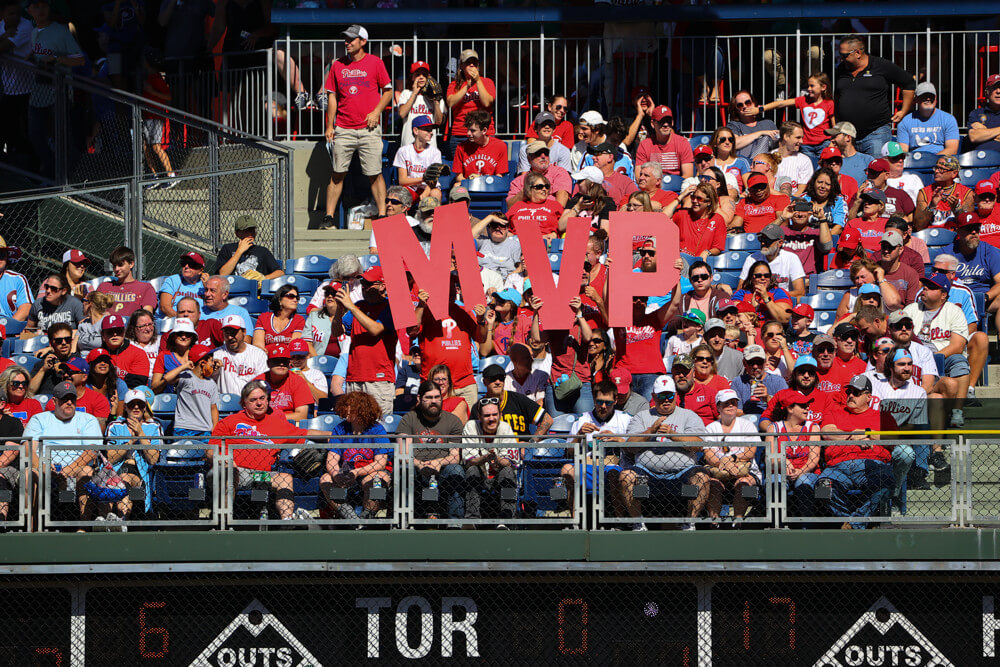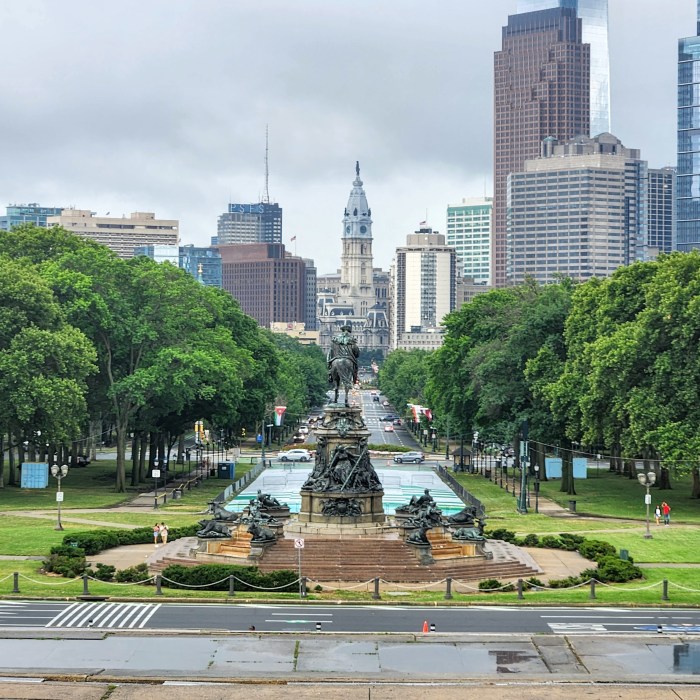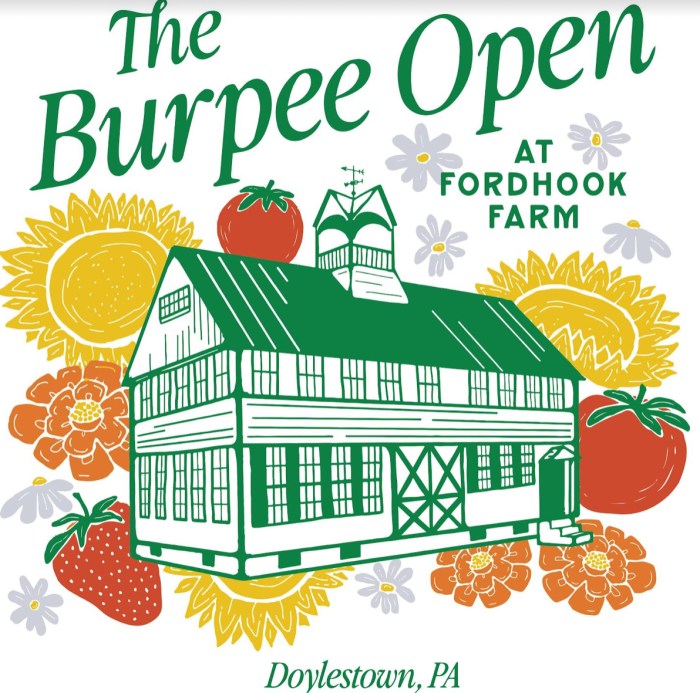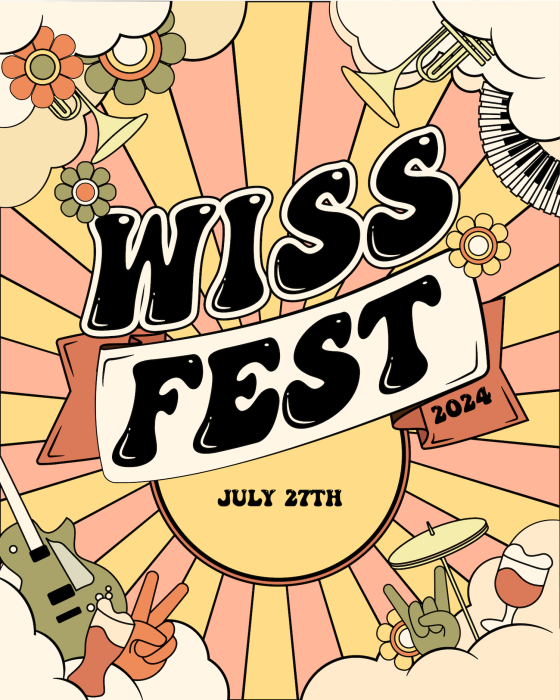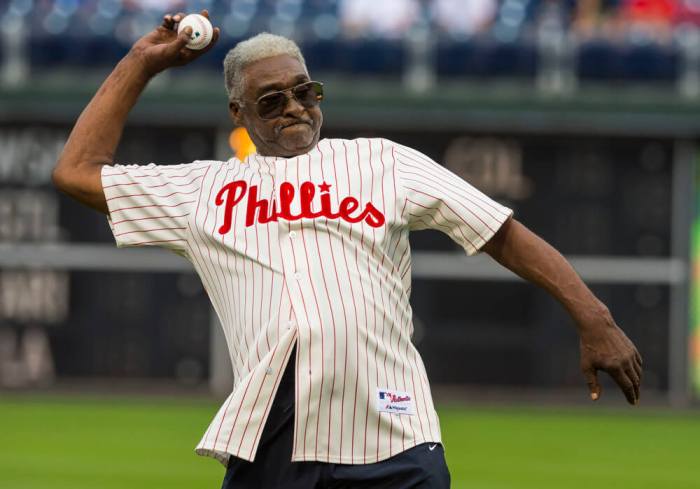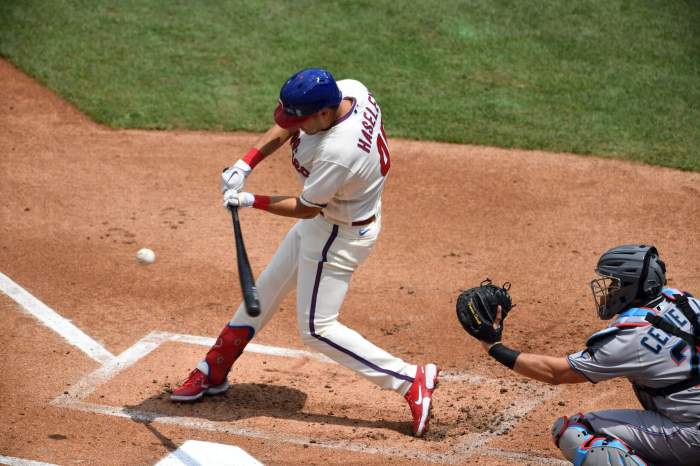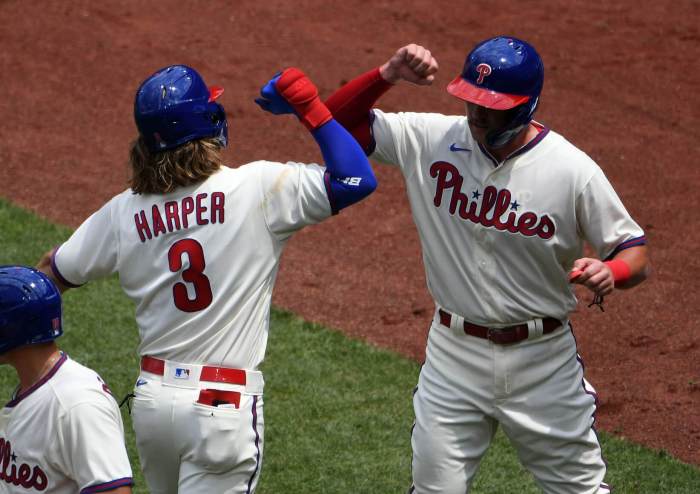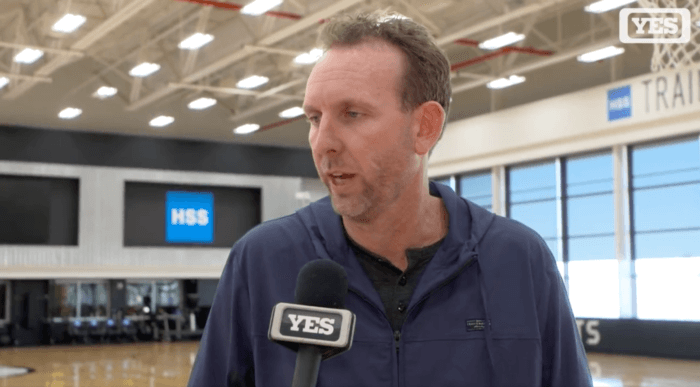Before you ask, no. This is not about Bryce Harper winning the 2021 NL MVP. He was completely deserving. He single-handedly kept the Phillies in a playoff race up until the final week of the season. He also led the major leagues in slugging % and OPS.
This list is about Phillies players who shouldn’t have been in the same breath as MVP. MVP voting by the BBWAA as we know it first began in 1931. This century, voting has gotten a lot better as players who’ve performed well have been properly recognized. Well, outside of an accidental Ryan Tapera vote in 2020. To be fair, the voter meant to select Trea Turner.
Voting hasn’t always been as clear-cut. Many undeserving Phillies players have somehow garnished MVP votes over the years, including 1st place votes. There hasn’t been a weird Phillies MVP vote since 1978, but from 1931-78 there were plenty. So strap in and get your thinking caps, as we try to figure out what these old baseball writers were thinking.
There were indeed plenty, so this will be the first of 3 pieces on this topic.
Dick Bartell
Regarded as one of the best shortstops of the era, Dick Bartell arrived in Philadephia in 1931 after a trade with the Pirates. He was a slick fielder and hit .295 as a Phillie.
In 1933, he finished 21st in MVP voting. Typically this wouldn’t be strange for a player like Bartell as he was no stranger to a .300 batting average. In 1933, however, he slashed just .271/ .340/.336. He had just a single home run and 37 RBI. His OPS+ sat at 84.
Funny enough, Bartell became the first shortstop to ever start in the All-Star Game in 1933. At the time of selection, he was hitting slightly better with a .284/.375/.370 triple slash. His American League contemporary at shortstop was none other than Hall of Famer Joe Cronin.
Odder still, 1933 wasn’t even Bartell’s weird MVP candidacy. In 1940 with the Detroit Tigers, Bartell hit just .233, yet finished 12th in MVP voting. He even finished higher in the voting than a young Boston outfielder by the name of Ted Williams. Williams would be the last MLB player to hit .400 the following season.
Hugh Mulcahy
Outside of a 2-game stint with the Pirates at the end of his career, Hugh Mulcahy pitched entirely with the Phillies. Overall in his career, Mulcahy was a below-average pitcher. He had a 4.49 ERA and a 90 ERA+.
His best year came in 1940 when he was named a National League All-Star. Before a dreadful 1.1 IP with 10 ER, Mulcahy had a 2.94 ERA after July 1st. He’d finish with a 3.57 ERA in 280 IP. He led the league in losses and hits allowed and yet still received MVP votes. While his 29th place finish was questionable, his 1938 25th place finish was even more eyebrow-raising.
Mulcahy again lead the league in losses and this time led in ER allowed. His ERA was a lofty 4.61, yet he finished with the same amount of votes as the Cubs’ Charlie Root. Root had a 2.86 ERA at 39 years old. He also finished above the Browns’ Freddie Fitzsimmons. His ERA of 3.02 also blew Mulcahy out of the water.
In 2 seasons of receiving MVP votes, Mulcahy totaled 42 losses, 577 hits allowed, 249 ER, and 547.1 IP. I guess the BBWAA really liked high amounts of innings pitched.
Jim Tabor
Jim “Rawhide” Tabor played his first 7 seasons with the Boston Red Sox where he was a decent hitter. In 1944, his last year with the sox, he slashed .285/.334/.445. He was called to the army, staying state-side in the dying days of WWII.
He’d return in 1946 with the Phillies. Rawhide started April off hot, hitting .343 through the first game of an April 28th doubleheader. He’d hit just .262 from then on. Overall, he’d slash .268/.322/.374. His 10 home runs, 50 RBI, and .696 OPS wouldn’t typically inspire voters to include you on an MVP ballot. This was 1946 and anything goes. He finished 20th in MVP voting.
The Dodgers’ Tommy Holmes finished 19th. He had a .310 batting average and an .801 OPS. He was also the MVP runner-up in 1945.
Photo By: Rich Graessle/Icon Sportswire

